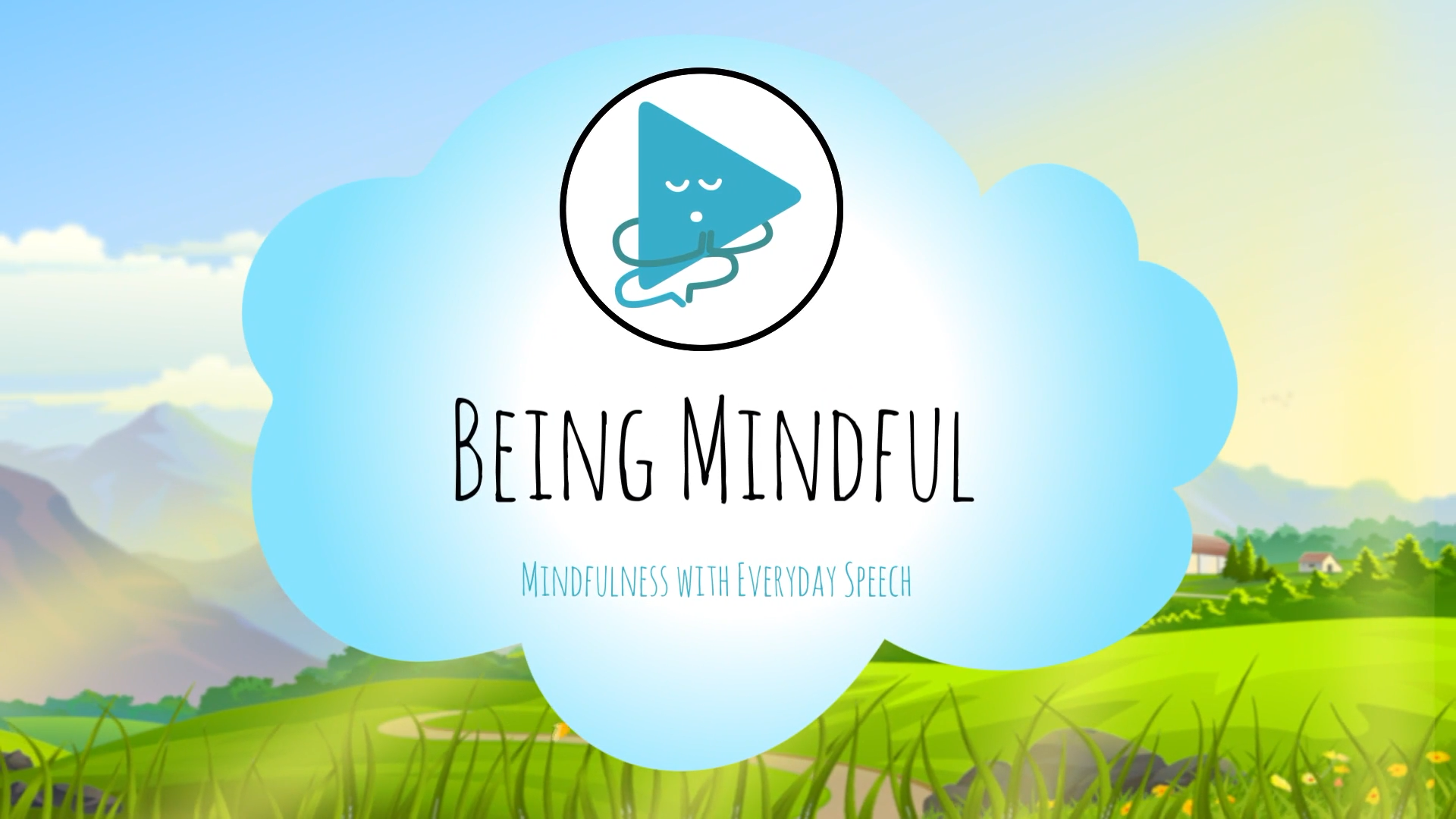Introduction
Mindfulness means paying attention to the present moment and focusing on what’s happening right now. By practicing mindfulness, educators can reduce stress and anxiety, increase happiness and energy, create more focused thinking, and improve physical well-being. In this blog post, we will discuss a no-prep activity that can be easily incorporated into your daily routine, as well as discussion questions and related skills to further enhance your mindfulness practice.
No-Prep Activity: Mindful Breathing
One effective way to practice mindfulness is by focusing on your breath. This simple, no-prep activity can be done anywhere, at any time, and requires no materials. To begin, find a comfortable position, either sitting or standing. Close your eyes, or focus on a point in front of you. Take a few deep breaths, inhaling through your nose and exhaling through your mouth. As you breathe, pay attention to the sensation of the air entering and leaving your body. Notice the rise and fall of your chest and abdomen. If your mind begins to wander, gently guide your focus back to your breath. Practice this mindful breathing for 2-5 minutes, or as long as desired.
Discussion Questions
- How did it feel to focus solely on your breath during the mindful breathing activity? What emotions or physical sensations did you experience?
- What challenges did you face in maintaining your focus during the activity? How can you overcome these challenges in future mindfulness practices?
- How can incorporating mindfulness into your daily routine benefit your overall well-being and effectiveness as an educator?
- What other mindfulness techniques or strategies have you tried or would like to try? How might they complement your current mindfulness practice?
- How can you encourage your students to practice mindfulness in the classroom and at home? What benefits might they experience from regular mindfulness practice?
Related Skills
Practicing mindfulness can enhance your overall well-being and effectiveness as an educator. In addition to mindfulness, there are other related skills that can further support your personal and professional growth:
- Emotional Awareness: Recognizing and understanding your own emotions, as well as the emotions of others, is crucial for effective communication and relationship-building.
- Stress Management: Developing healthy strategies for coping with stress can improve your mental health and overall quality of life.
- Active Listening: Engaging in active listening can strengthen your relationships with students and colleagues, and foster a positive learning environment.
- Self-Care: Prioritizing self-care can help prevent burnout and ensure you are able to bring your best self to your work as an educator.
Next Steps
Now that you have learned about mindfulness and its benefits, it’s time to take the next steps in incorporating it into your daily routine. To help you get started, we encourage you to sign up for free samples of mindfulness and other related skills at Everyday Speech. These resources can provide guidance and inspiration as you continue on your journey towards improved well-being and effectiveness as an educator. Embrace the present moment and start practicing mindfulness today!






